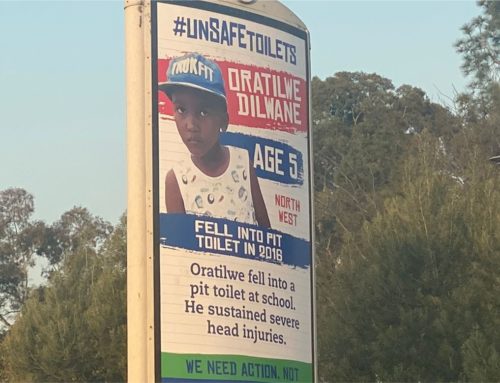It has long been accepted that third parties do not have a right to recover directly against the negligent wrongdoer. What this means is that a person who is injured has a right to recover the damages which he or she suffers as a result of that incident from a negligent wrongdoer.
Those damages are calculated based on the past medical and hospital expenses, future and past loss of earnings and the non-pecuniary damages. The last being general damages for pain and suffering and loss of amenities.
Where the victim of the incident, the innocent party, has paid a premium for insurance cover be it for medical or hospital care or alternatively income protection, those insurance benefits would have been paid directly to him or her or to the hospital and/or the doctor rendering a service.
The question then arises whether the insurer can recover from the negligent third party who was responsible for the harm. In our law, there is no cause of action or ‘lis’ between the insurer and the negligent party. This means that the insurer must cede its claim to its client, the insured to enable the recovery of the funds but in the hands of its client. In most instances, however, hospitals will account directly to the client, even though payment is made by the insurer. When that occurs, it is not necessary to enter into a separate cession agreement as the client will recover the funds.
In those instances, the insurer will then in terms of its insurance policy (which is actually just a contract between the insurer and its client) request the client to provide it with an undertaking to reimburse it to the extent that it has made payment for medical or hospital expenses or contributions to loss of income. Usually, these policies also state that a failure to provide such as undertaking is a material breach of the agreement and may render the agreement null and void. In other words, the insurers threaten their clients with a termination of the insurance agreement if they fail to give the undertaking to repay it on recovery. It is debatable whether this is fair practice or not, but for the moment those undertakings are being provided by the injured parties on request by the insurers.
Where a cession agreement is required, the cession document must be clear as to who the parties and the cause, in other words, the underlying reason for the cession agreement and the amounts.
Once a cession is signed, the insured party or innocent party in the claim against the neglected party can recover the full amount of the monies expended by the insurer, but reimburse it to the insurer in terms of a separate back to back agreement.
Learn more about third-party claims
Malcolm Lyons and Brivik specialise in medical law, personal injury law, labour and road accident fund claims and have been recognised as leading attorneys in South Africa since 1965.
Contact our offices below for further information
0861 MLB INC
Johannesburg Office
+27(0) 011 268 6697
Cape Town Office
+27(0) 21 425-5570






